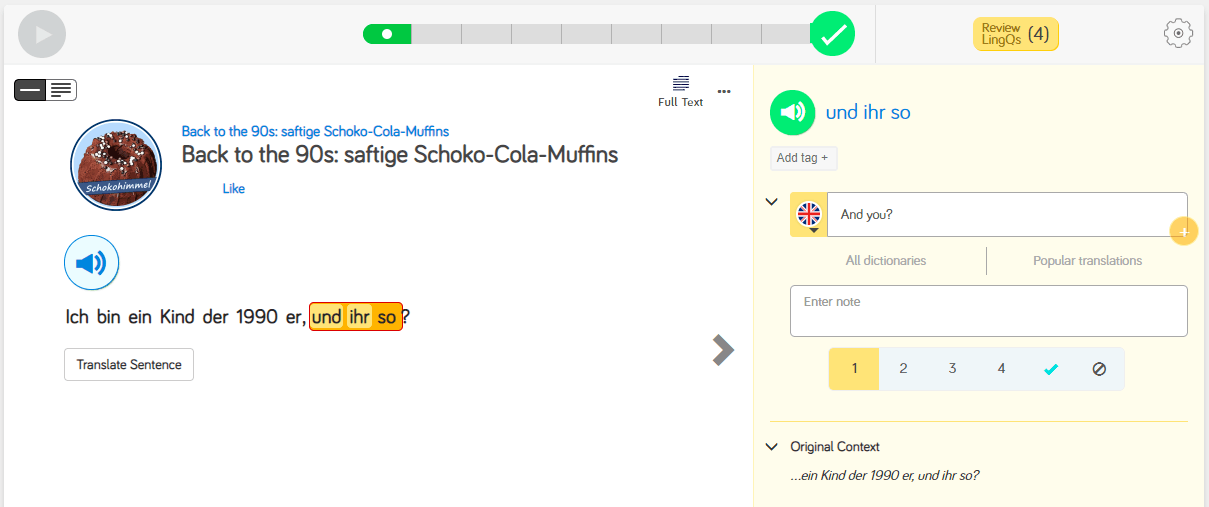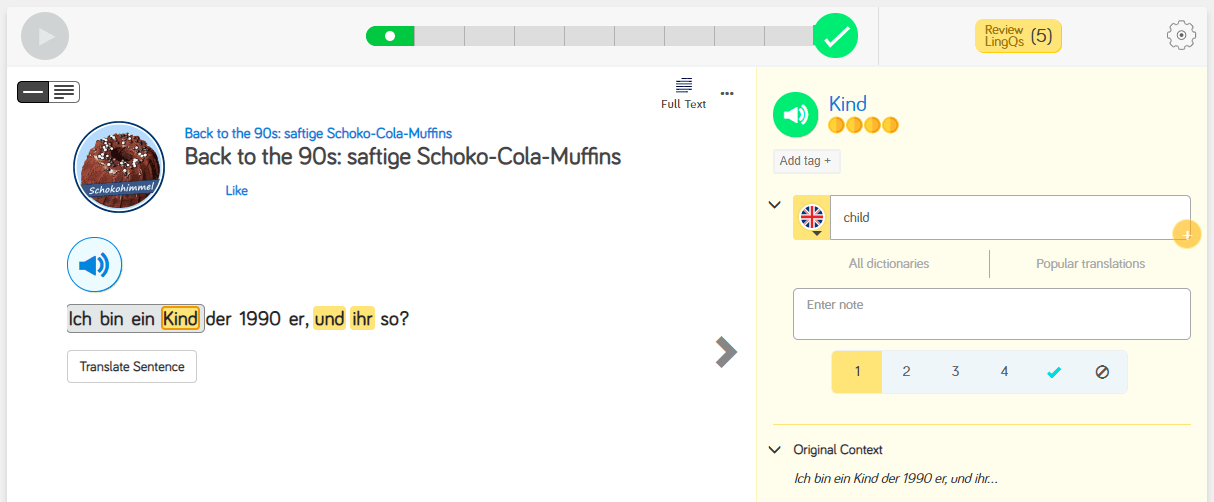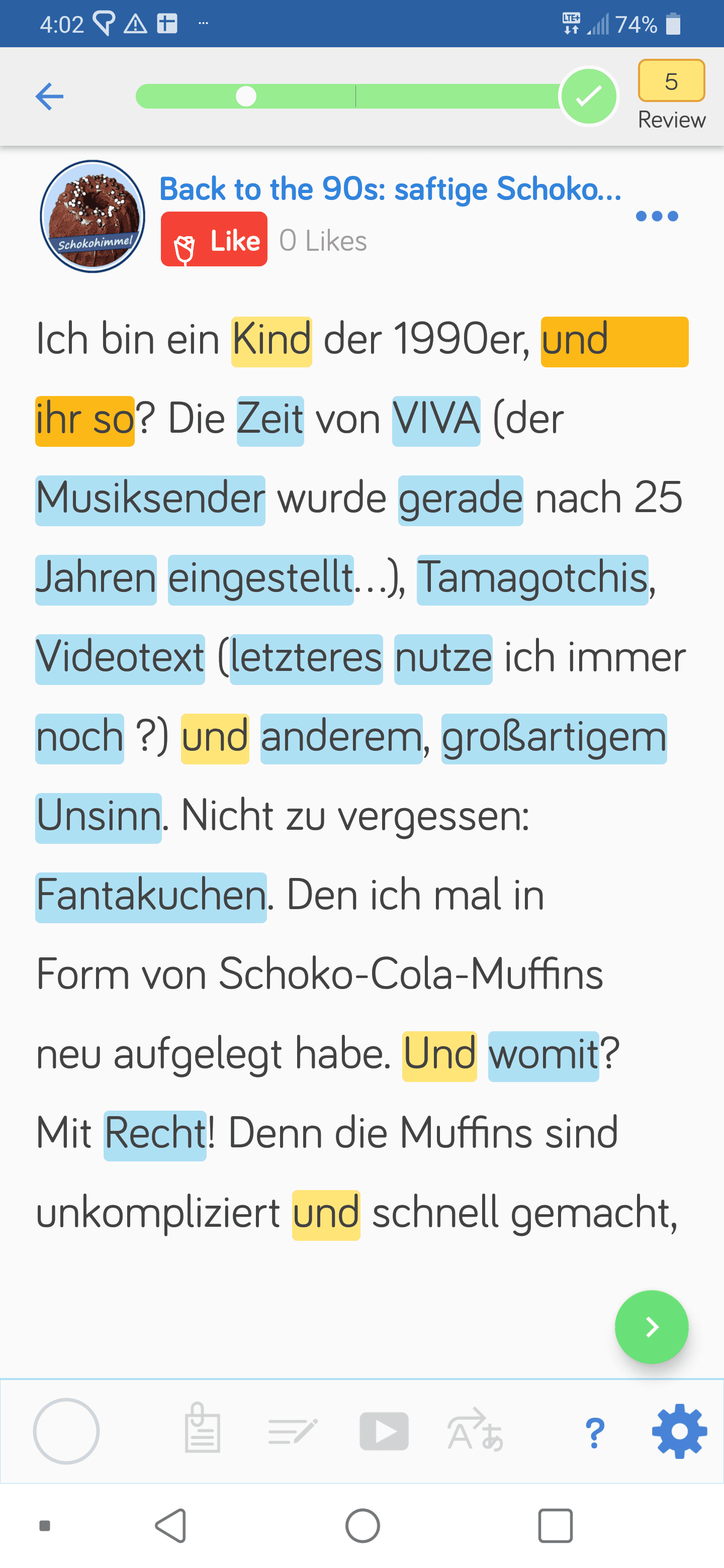Getting to Know the German Question Words And Their Disguises
Sometimes it seems like life is all about questions. Language certainly is – my conversations at least wouldn’t get far if I just swapped stories with people and never asked anything else. When you learn German, you might be confused at first by the seemingly endless numbers of German question words.
There are quite a few! Fortunately, since all of them are in regular daily use, you’ll get a lot of natural repetition as you study.
And to be honest, it turns out that some of them are really the same word, just in disguise with a different case ending.
Here’s a quick guide you can consult if you ever get confused.
German Question Words
Wer: The equivalent of English “who”. Just like the masculine article der, it gets declined into four cases:
Wer (nominative), wen (accusative), wem (dative), wessen (genitive)
Mit wem gehen Sie?
With whom are you going?
Was: About the same as English “what”. It doesn’t get declined into any cases.
Was machst du gerade?
What are you doing just now?
Wann: The same as English “when”. Be careful not to confuse it with wenn, meaning if!
Wann fahren wir nach Hause?
When are we driving home?
Wo: Equal to English “where”. German actually has directional forms of these words. “Wohin” means “where to”, and “woher” means “where from”. English used to have this combination too, but the equivalents “whence” and “whither” have died out.
Wo sind meine Schlüssel? Woher kommst du? Wohin laufen sie?
Where are my keys? Where do you come (here) from? Where are they running to?
Wie: Equivalent to English “how”. The German version of “Excuse me, what was that?” if you mishear something is not was but “wie bitte?”.
Wie spielt man Klavier?
How does one play piano?
Warum: Just like English “why”. No tricks or alternate forms here!
Warum gibt es so viel Leute in der Bahn?
Why are there so many people on the train?
Wieviel: One word to represent the English “how much” or “how many”.
Wieviel kostet das?
How much does that cost?

That should be it, right? We’ve covered who, what, why, when, where, and how, the traditional set of English question words, and some common alternate forms or similar-looking words.
But just like “how much” was transformed into “wieviel”, there are quite a few more question words in German that originated as “how” plus a preposition.
Complicating things just slightly, the “how” word here takes the form “wo. Attach any preposition and it immediately becomes a question word related to that preposition! Let’s have a look at some examples.
Worüber redet ihr? Wir reden über dich.
What are you talking about? We’re talking about you.
Womit hast du dieses Bild gemacht? Mit einem Stift.
What did you make this art with? With a pencil.
These two, as well as “worauf” and “wobei”, make up the vast majority of these preposition-questions that you’ll actually tend to encounter.
Remember what I said about coming across these words often enough that they’ll stick without much study? That’s really only going to happen if you do a lot of German reading.
The best way to get in a lot of German reading isn’t to re-check your textbook dialogues over and over. It’s to find things that you’re interested in – things that you’d like to read in any language. Also, this blog has a ton of German tips you can read up on to get a better understanding of the grammar and such. Take a look.
Learning German Question Words on LingQ
You can start learning how to ask questions in German and much more by using LingQ.
LingQ has a huge amount of content for you to choose from.

Once you’ve found a lesson, open it and you can start practicing your reading and listening. As you read through, new words will be shown in blue. Tap them and they will turn yellow and saved into your vocabulary list. The great thing is you can review all the new words you’ve “LingQ’d” thanks to LingQ’s SRS feature. LingQ uses dictation, multiple choice, and spell testing, to make sure you stay on track.
Below, I’ve opened a lesson and have highlighted the German question, “wie geht es ihnen“. LingQ then shows its meaning and saves the sentence into my vocabulary.

LingQ then creates flashcards based my vocabulary.

If by chance, you can’t find anything in LingQ’s that you’d like to read, you can always import content into LingQ yourself.
For example, if there’s a German blog you enjoy, let’s say the popular food blog Schokohimmel, you can easily copy the transcript and import it into LingQ. From there, you can go through the blog’s text and save the new vocabulary you come across and review it at a later date.
In the example below, I’ve saved the German question, “und ihr so?“.

I can also highlight and save words individually.

You can also access LingQ lessons on mobile so you can study on the go. Our mobile app is available for iOS and Android.

And that’s it. Check out LingQ today to discover how to learn German from content you love! Try it for free.
Alex Thomas is a translator, teacher, and writer with an interest in every language. He speaks German, Mandarin, and Indonesian, and is always looking to learn more.
***


